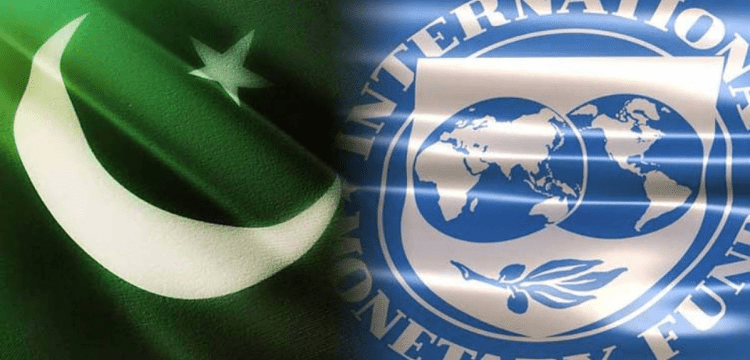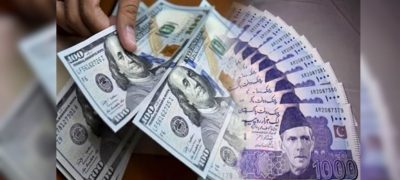Bloomberg reported on Thursday that the International Monetary Fund (IMF) will “continue engagement with the government on the loan despite the ramp-up in political tensions.”
The IMF’s remarks come just days after former Prime Minister Imran Khan was arrested from the Islamabad High Court (IHC) in the Al-Qadir Trust case on May 9, causing political unrest in the country.
According to Bloomberg, the international lender also stated that Pakistan will scrap a new fuel subsidy proposal, potentially clearing a roadblock to a long-delayed $1.1 billion loan disbursement.
In response to an email inquiry, an IMF spokesperson stated that Pakistan had “committed not to implement a so-called cross-subsidy programme in the current fiscal year and beyond.” The IMF also stated that the current government would not introduce new tax breaks and would “durably allow” a market-based exchange rate for the rupee.
Also Read: Supreme Court asks to present Imran khan within 1 hour
According to Bloomberg, Prime Minister Shehbaz Sharif raised energy prices and increased taxes in order to receive IMF assistance, which, combined with the scrapping of the fuel subsidy plan, poses significant political risks for his government as approval ratings fall ahead of elections and political tensions over Imran’s arrest escalate.
Fuel pricing was a stumbling block in talks between Pakistan and the IMF over the next installment of a 2019 aid programme, which had been stalled since August. According to Bloomberg, there is approximately $2.6 billion left to disburse from the $6.7 billion programme, which is set to expire at the end of June.
In an earlier interview with Bloomberg TV, Petroleum Minister Musadik Malik stated that the IMF was concerned about the fuel subsidy plan, which would have raised prices “for wealthier motorists to finance subsidies for lower-income customers.”
The IMF funds are required for the government to avoid an external debt default. According to Bloomberg, the situation has worsened as the rupee has lost a third of its value in the last year, contributing to record inflation and sending interest rates to an all-time high.
Pakistan must also confirm other funding that it expects to receive before the programme resumes in order to help the country increase its foreign exchange reserves, which are “critically low at $4.5 billion and cover only about one month of imports.”
Concurrently, Pakistan’s political situation deteriorated as a result of the arrest of Imran Khan. Protesters attacked military buildings, injuring dozens.
Earlier, Moody’s Investors Service warned that Pakistan could default without an IMF bailout because the country’s financing options beyond June are uncertain, according to Bloomberg.
“We believe Pakistan will meet its external payments for the remainder of this fiscal year, which ends in June,” Grace Lim, a sovereign analyst with the Singapore-based ratings firm, said in an emailed response to Bloomberg.
“However, beyond June, Pakistan’s financing options are highly uncertain.” Without an IMF programme, Pakistan may default due to its extremely low reserves.”









